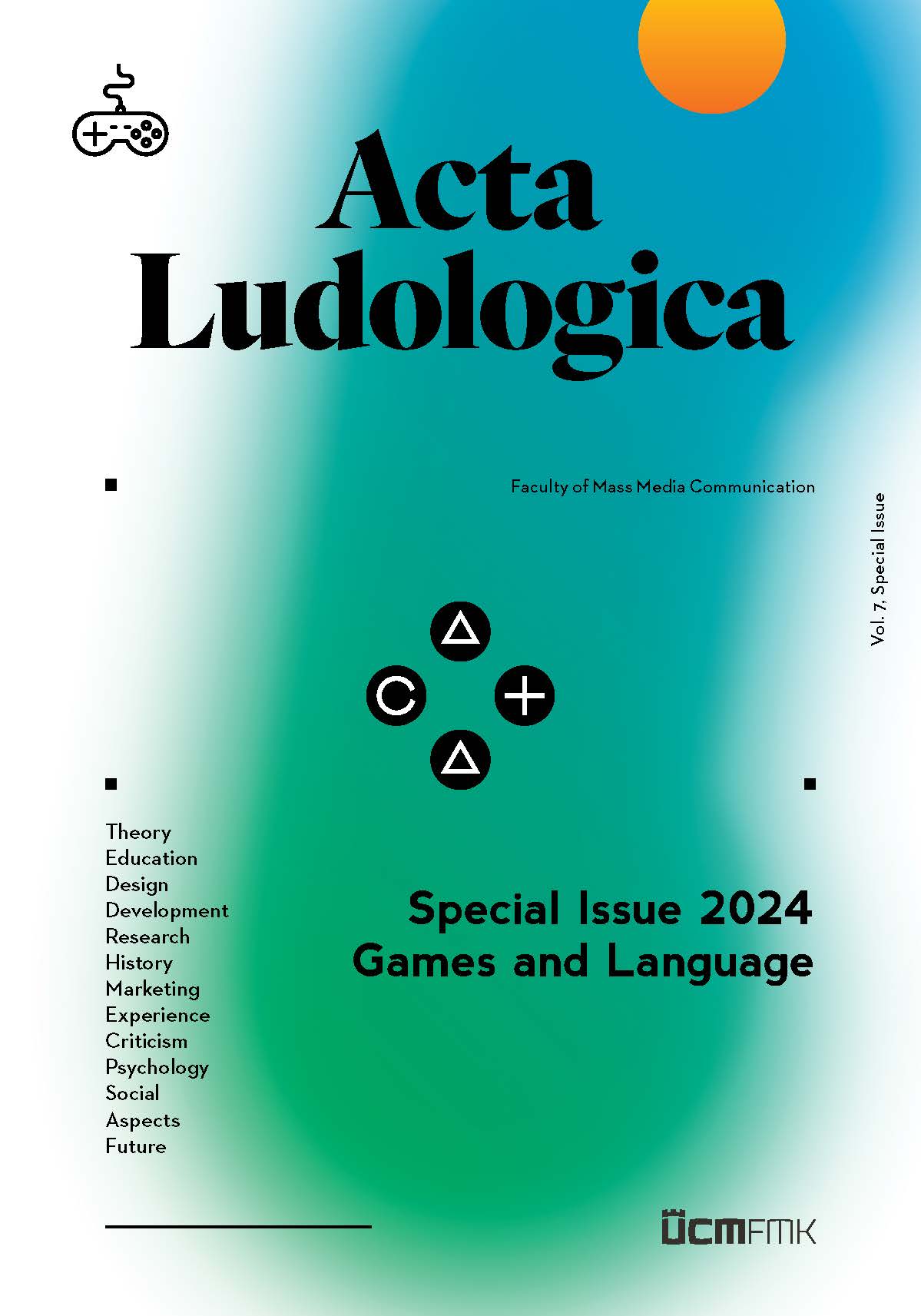Anna Hurajová, Alexej Slezák, Vladimíra Hladíková
ABSTRACT:
This research paper aims to provide a picture of women’s participation in various positions in the field of digital games in Slovakia, such as creators of game content, women involved in eSports, the gaming industry, casual gamers as well as women working in the field of digital game education. Based on theoretical knowledge and qualitative in-depth interviews with seven women working in various positions in the gaming industry, the women’s positive and negative work experiences, and the problems and obstacles linked to their gender were identified. The research is specifically focused on the situation of women in the gaming industry in Slovakia. The results show that female gamers and streamers face negative behaviour from their fellow players and viewers which may result in an array of negative consequences. Findings also indicate that the low representation of women in some areas of the gaming industry is a consequence of prevailing gender roles in society. Furthermore, women’s participation in eSports and competitive gaming is limited due to toxic meritocracy, prevailing masculinity and sexism.
KEY WORDS:
eSports, gaming industry, gender, obstacles, stereotypes, women.
DOI:
10.34135/actaludologica.2023-6-2.92-115

